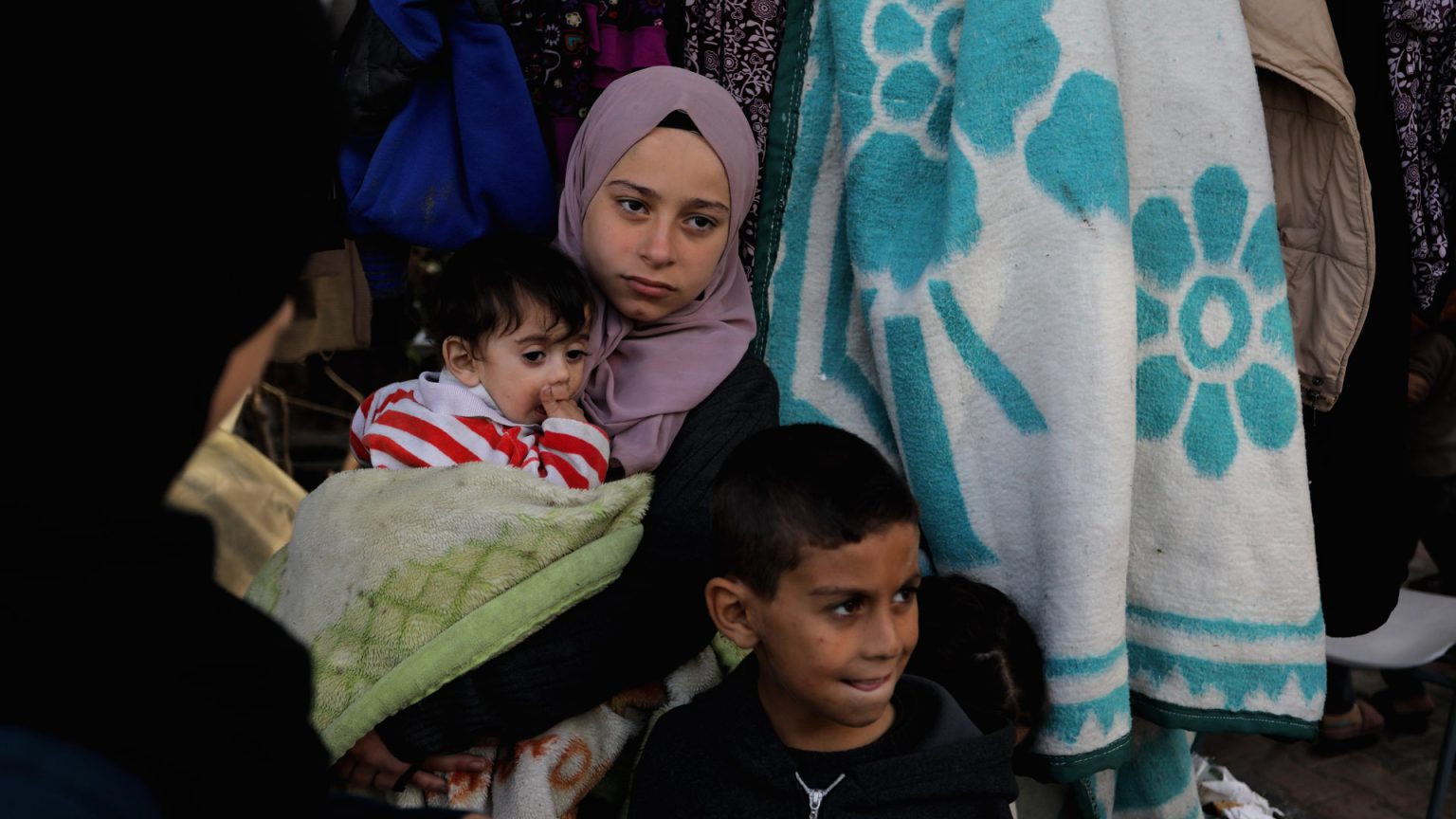The conflict between Israel and Gaza has escalated, with Prime Minister Benjamin Netanyahu facing pressure from both his war cabinet and the international community. Despite this, the majority of Israelis continue to support the war, largely due to one-sided coverage by Israeli media. Yael Berda, Dalia Fahmy, Tahani Mustafa, and Michael Omer-Man provide insights into the situation.
In South Africa, the ruling African National Congress faces a challenge to its majority for the first time in 30 years as the country holds elections. Meenakshi Ravi reports on the ANC’s attempts to interfere with the public broadcaster in an effort to maintain power. This political turmoil is unfolding alongside the conflict in Israel and Gaza, highlighting the global nature of unrest in different regions.
In India, as the country holds elections, the spread of deepfakes on social media has become a concerning issue. Henry Ajder, Divyendra Singh Jadoun, and Mitali Mukherjee discuss how politicians are using this technology to create convincing fake content and discredit genuine information. This digital deception is a growing problem that could have far-reaching consequences for Indian democracy and the electoral process.
The conflict in Gaza sheds light on the role of media in shaping public opinion and perceptions of war. The portrayal of the conflict by Israeli media has influenced Israeli support for the war, demonstrating the power of media in shaping narratives and perspectives on international conflicts. This raises questions about media ethics and the responsibility of journalists in reporting on conflicts in a fair and balanced manner.
With the ANC facing a potential loss of majority in South Africa, the party’s attempts to control the public broadcaster highlight the importance of independent media in a democracy. The manipulation of media by political parties threatens the democratic process and the ability of the public to access unbiased information. This underscores the need for a free and independent press to hold those in power accountable and provide accurate information to the public.
As India grapples with the spread of deepfakes during its elections, the influence of technology on politics becomes increasingly evident. The misuse of technology to deceive the public and manipulate information raises concerns about the integrity of democratic processes. It is crucial for technology companies, journalists, and policymakers to work together to address the spread of misinformation and ensure the integrity of elections and democratic systems around the world.


